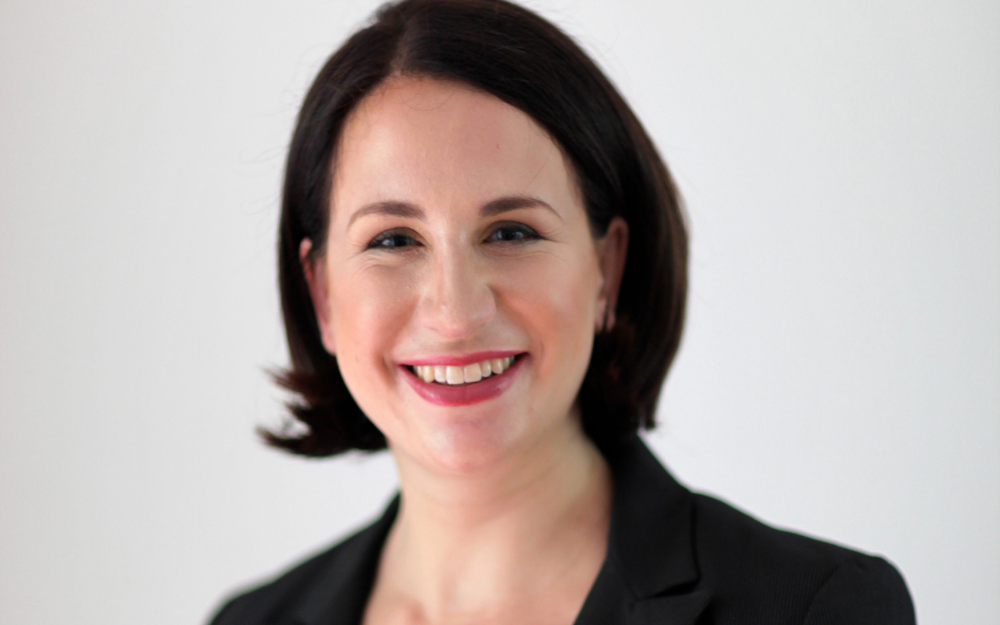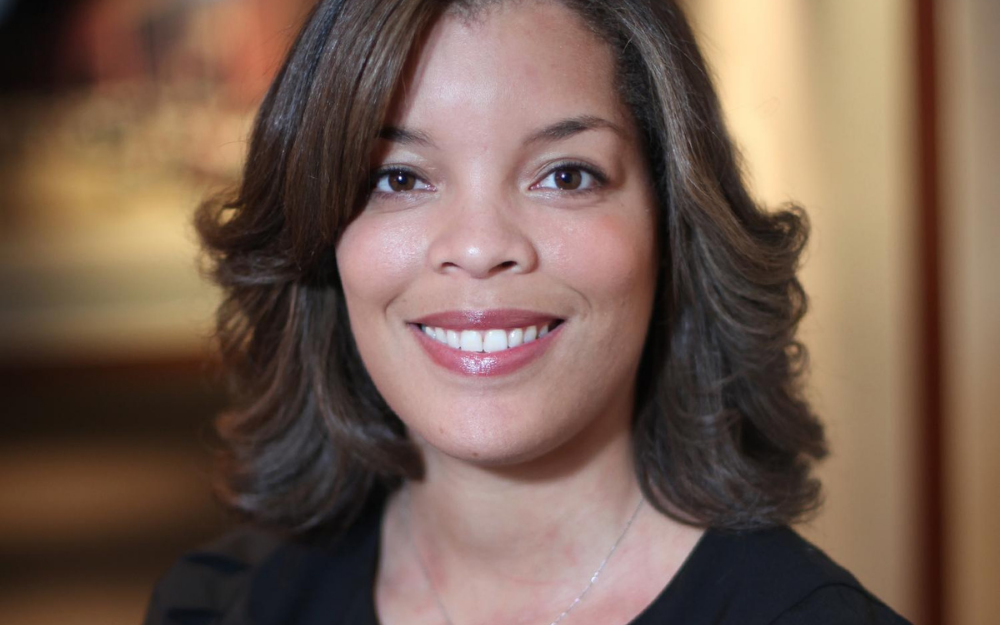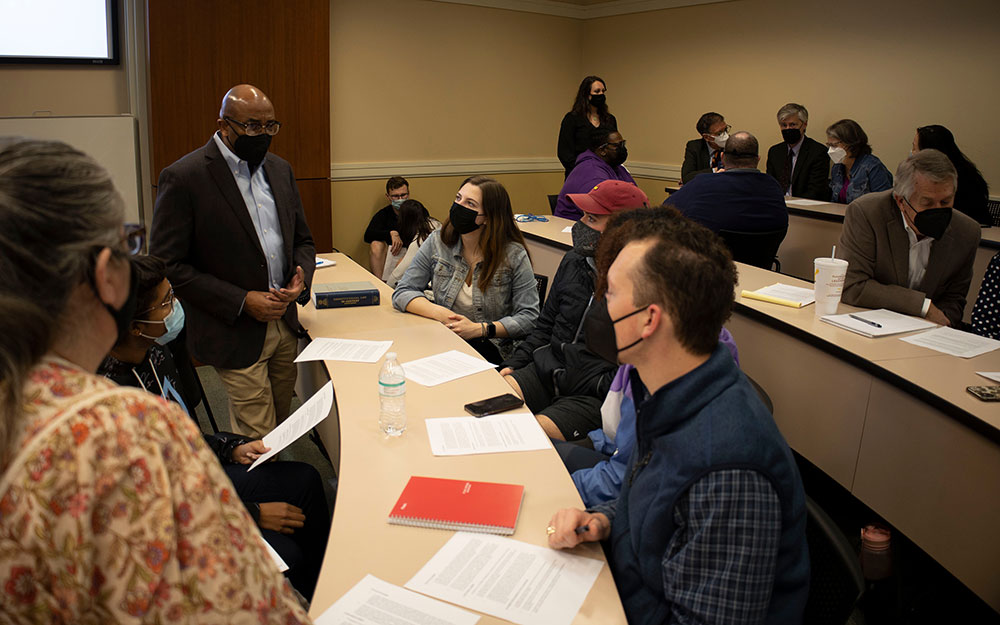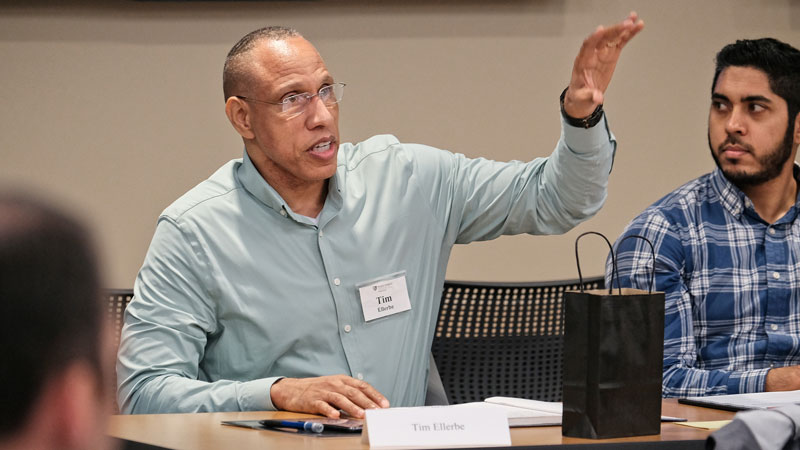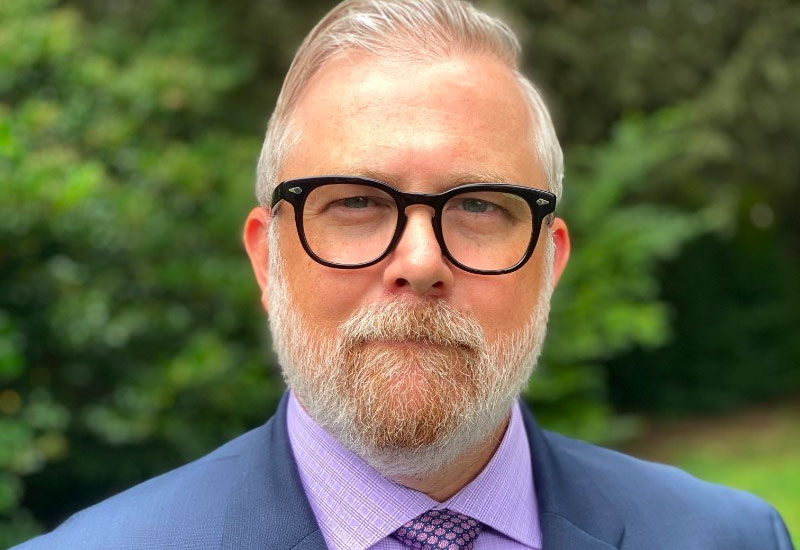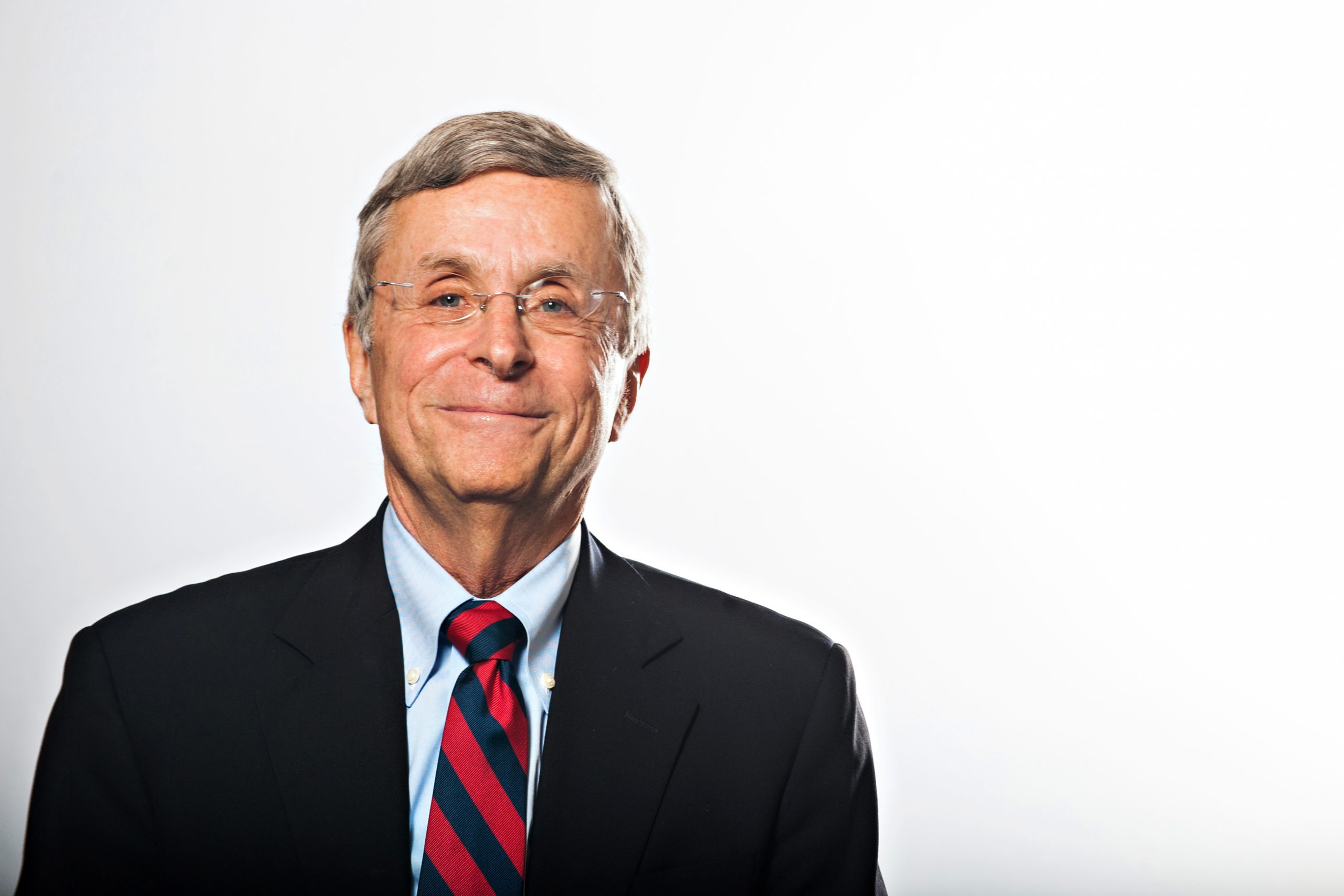It was after nearly two decades of working in human resources at The Biltmore Company that Vicki Banks (MSL ’19), then the Vice President of Human Resources, knew she wanted to expand her knowledge in ways that wouldn’t just propel her to the next phase of her career, but would also help her continue to add unique value to the company.
“I always wanted to get my master’s, but all of my friends, my peers, and my coworkers had MBAs, and that never really rang true to my career and my path,” said Banks, who has now been at The Biltmore Company for 21 years and since been promoted to Senior Vice President of Human Resources and Government Relations. “I was thinking about what I could do with a master’s degree that would differentiate myself from everyone else.”
That’s when Banks found Wake Forest Law’s Master of Studies in Law (MSL) program, which she says spoke to her professional experiences in human resources but also offered the opportunity to broaden her knowledge of how those experiences intersect with the law, compliance, and other business areas in ways that other graduate programs she explored did not.
“I knew I wanted to enhance my legal background, and my knowledge around law,” said Banks. “I knew also that getting a JD, I probably couldn’t do that and work full time, and it wasn’t really required to necessarily be effective at what I did.”
So she enrolled in Wake Forest Law’s MSL program and graduated two years later in 2019. Since then, she says she’s used her expanded knowledge in her role every day, whether she’s dealing with employee situations and guest scenarios that involve legal aspects, or intellectual property, physical assets, and contracting issues, among others.
The fact that Banks’s role pulls her into such a wide range of legal areas is no surprise given the complexity of The Biltmore Company. While it’s often most well-known for its Biltmore House, the largest privately owned home in the United States, the company also includes a portfolio of other operations including food and beverage, retail, hotels, a farm, a vineyard, winemaking, and more. It means that Banks has to be able to navigate the legal, compliance, and regulatory environments for each of those industries — something her MSL has helped her do even more successfully.
“You can’t be a jack of all trades. Vicki has to be a master of all of them,” said Steve Watson, Chief Financial Officer and Executive Officer of The Biltmore Companies. “She has to know a lot about the legal and regulatory area, but she also has to know when to call outside experts in. Her degree has given her just a great depth of knowledge of the legal environment, and it’s allowed her to ask the right questions.”
Those questions and the perspective gained from her MSL degree, according to Watson, have empowered Banks to think creatively, and then execute on those ideas, when it comes to supporting the health and well-being of The Biltmore Company’s more than 2,000 employees.
“It is a program that allows you to navigate the legal system, to understand it, to be proactive with it versus reactive,” said Banks.
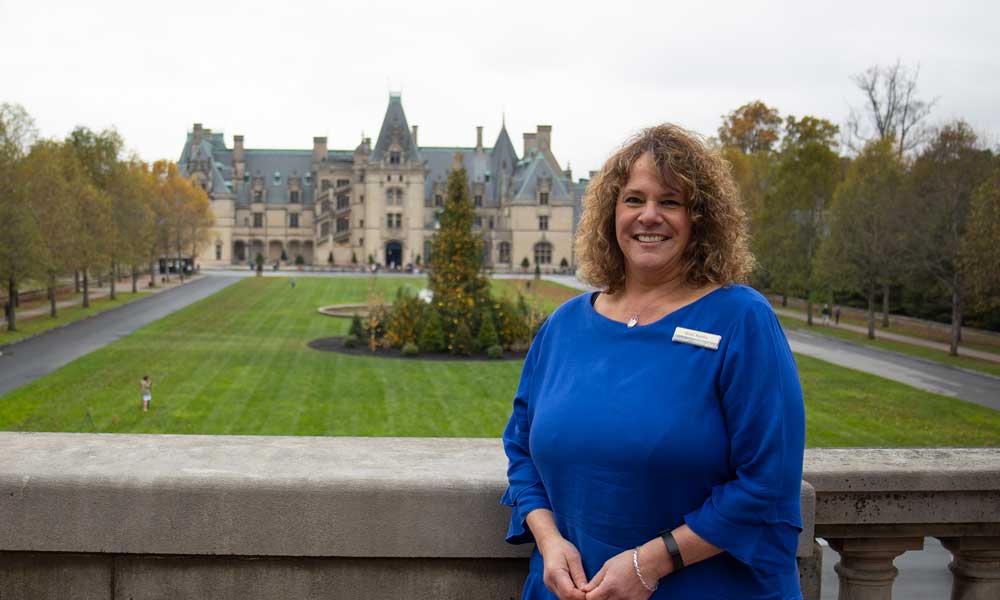
Vicki Banks, Senior Vice President of Human Resources and Government Relations for The Biltmore Company, graduated from the human resources track of Wake Forest Law’s Master of Studies in Law program in 2019.
With a stronger understanding of the legal landscape, she has spearheaded efforts to create an affordable housing benefit for employees, collaborated with multiple government agencies to develop the company’s plan to re-open during the COVID-19 pandemic, and worked with the company’s external legal partners in an increasingly efficient and cost-effective manner.
“It taught me to think more strategically and to think differently,” said Banks. “That’s really important on a leadership team, that you don’t have cookie-cutter individuals around the table. That you have folks that are thinking differently about situations so that you get the best results.”
Opportunities that encourage students to think differently about their work through a legal lens are intentionally baked into the MSL program, where Banks says she learned not only from her professors, but also from her peers, who brought their experiences from a diverse range of industries and geographies to their virtual interactions and to in-person weekend intensives that she participated in.
Banks initially wasn’t certain what to expect from a fully online, asynchronous program like Wake Forest Law’s MSL, but knew she needed a program in that format to be able to complete her degree while also working full time. However, she says the level of communication, flexibility, and support was above and beyond what she anticipated.
“The instructors are truly committed to the program and to their students. There wasn’t a time that I had a question and I didn’t have a response quickly and thoroughly, and guidance and support,” said Banks. “You always felt connected to Wake and to the program.”
And though her time in the program was a busy one, it’s the connections and collaboration that Banks says she missed as soon as she graduated.
“I miss it tremendously,” said Banks. “It’s a great way to broaden your knowledge and to show your commitment to not just your career, but the idea of learning every day.”
Visit msl.law.wfu.edu to learn more about Wake Forest Law’s Master of Studies in Law degree program, offering tracks in Business Law and Compliance, Health Law and Policy, and Human Resources.
The mission of Wake Forest Law is to advance the cause of justice by creating knowledge and educating students to meet the legal needs of the world with confidence, character, and creativity. We instill in students a respect for the law, a devotion to the ideal of service, and a commitment to professional values. We educate students from around the world in a richly diverse, equitable, and inclusive community. Learn more at law.wfu.edu, and stay up to date on what’s happening in the Wake Forest Law community by following us on Twitter, Instagram, and Facebook.
